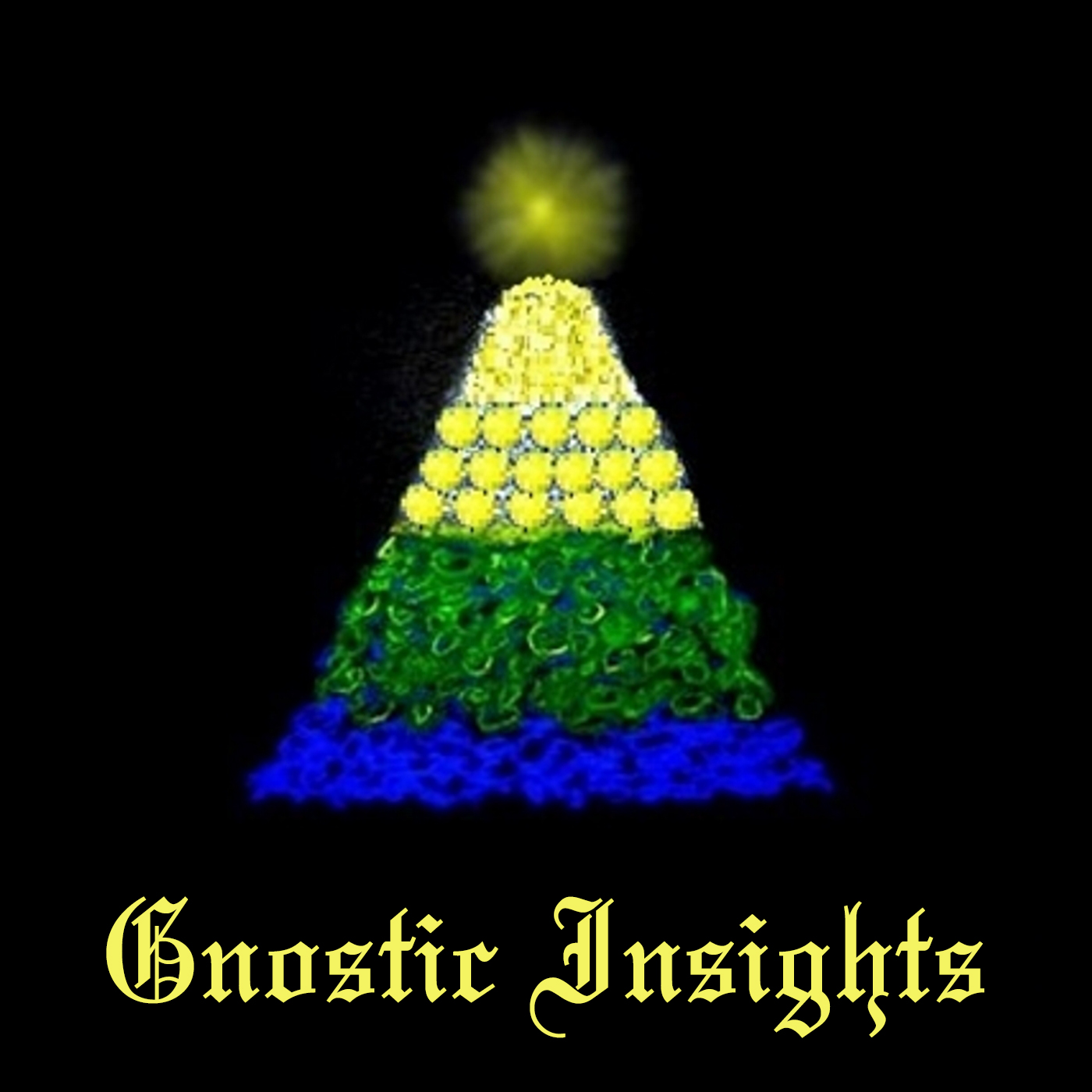Gnostic Evolution–in the beginning…
Description
Someone left a comment on an old article from 2019 on my Simple Explanation blog, and it caused me to reread the article. And, gee, it’s a good article. I don’t think we’ve ever shared it here on Gnostic Insights, so I’m going to talk to you today about a Simple Explanation of Gnostic Evolution. (this podcast refuses to allow me to paste the link to the original Simple Explanation article! grrrr....)
There are just a couple of basic ways you can think of evolution.
As commonly taught in school, "scientific" evolution explains the tremendous diversity of life on earth as lucky mutations that add up to great results. Darwinism promotes the idea that mutations and mechanisms morph into increasingly sophisticated life forms because genetic goof-ups allow the ones who change to better survive and dominate those who stayed true to form. These lucky mutations keep going in the same lucky direction until there are so many of them they add up to a new and improved creature, and now they are "evolved."
These developmental genes are the same for all multicellular animals. Evolutionists believe they have been highly conserved through hundreds of millions of years of evolution. [Hox protein classification across model organisms by CLANS analysis, Hueber et al. ]
https://www.youtube.com/watch?v=XI8m6o0gXDY&t=8s
The second argument for intelligent design is called "specified complexity," which refers to the improbability of essential, highly complex operations arising by chance. The double-strand DNA machinery is one example of a super-complex mechanism where many steps must be accomplished using many components assembled in exactly the right order. Watch the short video below and contemplate how unlikely it is that the DNA replication process "evolved" by chance.
https://www.youtube.com/watch?v=TNKWgcFPHqw&t=1s
The complexity of mechanisms at the smallest possible chemical and biological levels argues against their having arisen by happenstance as quickly as they did.
Below is the geological clock of earth. Look how soon protokaryotes arose on Earth--just half a billion years after the newly-arrived moon stabilized the planet's tilt and rotation. Yet all of the sophisticated machinery required for assembling and maintaining a cell was already available for use by the newly emerging single-celled organisms; if they hadn't been, the organisms could not have formed. How were those complex processes ready and waiting? By chance? I don't think so.
For a religious system that existed long before modern science invented the concept of evolution, Gnosticism has a lot to say about it. The Tripartite Tractate of the Nag Hammadi scriptures that I use for reference, describes us humans as the end result of an unfolding, universal ecosystem it calls "The Economy." The supernatural beings credited with this intelligent design are the Father, the Son, and the Fullness.The Gnostic Gospel suggests that life on earth arose in several cataclysmic steps,
More Episodes
Published 11/23/24
Published 11/23/24
Published 09/14/24


